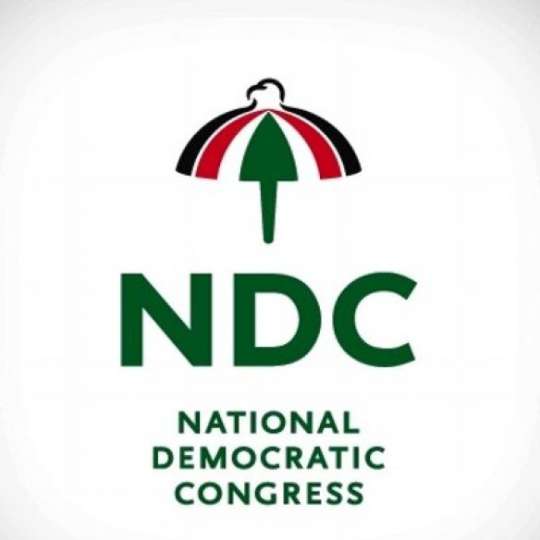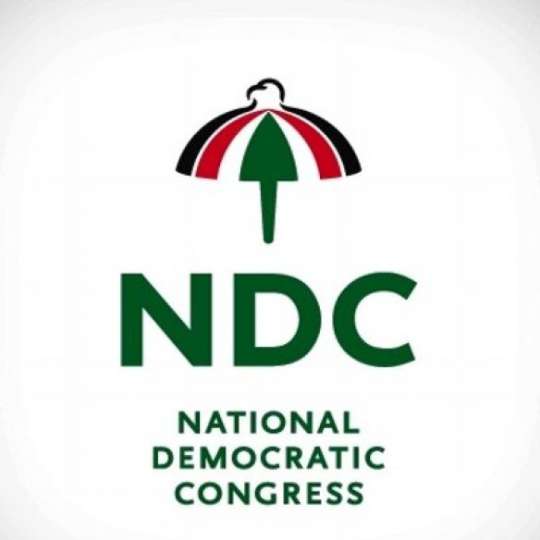
Minority Leader Alexander Afenyo-Markin has claimed the National Democratic Congress (NDC) has not successfully implemented any major social intervention policy since 1992, while crediting the New Patriotic Party (NPP) with building human resource capacity.
Speaking on JoyNews, Afenyo-Markin said his party created a platform to build the human resource capacity of Ghanaians successfully. He challenged the Majority Leader in Parliament to name a single effective social intervention policy initiated and implemented by the NDC.
“Recently in Parliament, I challenged the Majority Leader to name a single social intervention policy the NDC has initiated and implemented successfully since 1992,” he explained.
When listing his party’s achievements, Afenyo-Markin said the NDC has zero such policies, pointing to NPP led initiatives as legacy projects. He cited Free Senior High School (Free SHS), One District-One Factory (1D1F), the school feeding program, health insurance, and the mass transport system as examples.
Reflecting on personal experience, he said policies like Free SHS have given hope to thousands of young Ghanaians. He added that without bursary support, he would have dropped out of school himself.
Afenyo-Markin encouraged his party and supporters to celebrate their achievements despite disappointments. He said the NPP should inform Ghanaians about the good things they accomplished and not shy away from success stories.
The claims come amid ongoing political debate about which party has delivered more effective social programs for Ghanaians. The NDC has historically pointed to initiatives from its own governance periods, though Afenyo-Markin disputes their effectiveness and successful implementation.
Political observers note that both major parties have launched various social programs during their respective terms in office, with debates often centering on implementation quality, sustainability, and actual impact on beneficiaries rather than the existence of policies themselves.
